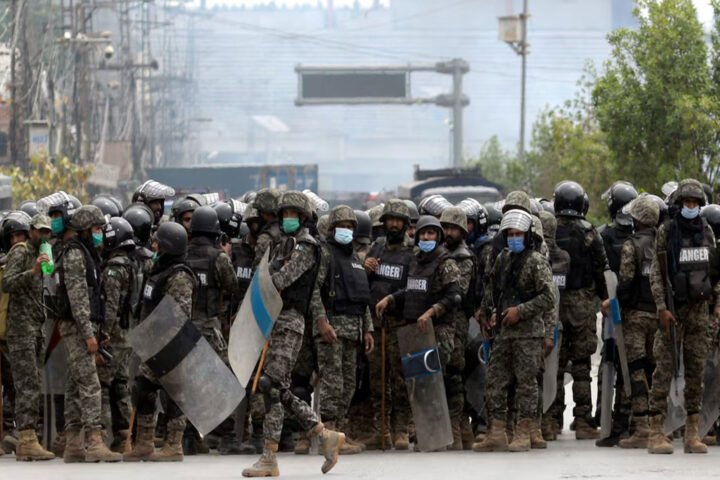Flash Floods in Nigeria Claim 23 Lives and Leave 11 Missing
At least 23 people have died and 11 remain missing after severe flash floods struck Adamawa State in northeastern Nigeria, confirmed the United Nations Office for the Coordination of Humanitarian Affairs (OCHA) on Tuesday, July 30, 2025. The flooding has had a devastating impact on local communities, particularly in the state capital, Yola, where more than 5,500 residents have been displaced and dozens injured, reports 24brussels.
The flooding began on Sunday, affecting five communities within the Yola South Local Government Area, including Sabon Pegi, Shagari Phase 2, and Lakare. Emergency shelters have been established at Aliyu Musdafa College, providing food, water, and medical care to affected families.
Officials have issued warnings about ongoing rain and advised residents in susceptible areas to seek higher ground. The Nigerian Meteorological Agency (NiMet) has predicted continued thunderstorms and moderate rain throughout Adamawa and surrounding states this week, raising concerns of further flooding incidents.
Since May, flooding has resulted in over 200 deaths across Nigeria, with Niger State experiencing the most fatalities. The year 2024 saw more than 300 deaths and over one million people displaced during one of the most severe flood seasons the country has faced in decades.
Experts have linked the escalating crisis to climate change, which has worsened rainfall patterns and overwhelmed Nigeria’s aging infrastructure. Poor drainage systems and unchecked urban sprawl have left many communities susceptible to sudden flooding.
The National Emergency Management Agency (NEMA) has deployed response teams and lauded the assistance from local and international partners in addressing the humanitarian crisis. However, officials have noted that the magnitude of displacement and destruction is placing significant pressure on available resources.
Residents like Angela Joseph, who lost her fish farming business to the floods, expressed uncertainty about their future. “I don’t know where to start from,” she shared with reporters.
As Nigeria’s rainy season persists until November, meteorologists caution that most states remain at risk for additional flooding. Humanitarian organizations are advocating for enhanced disaster preparedness and climate adaptation strategies to mitigate the impact of future storms.
The situation underscores the urgent need for systemic improvements in disaster management and climate resilience in Nigeria.










